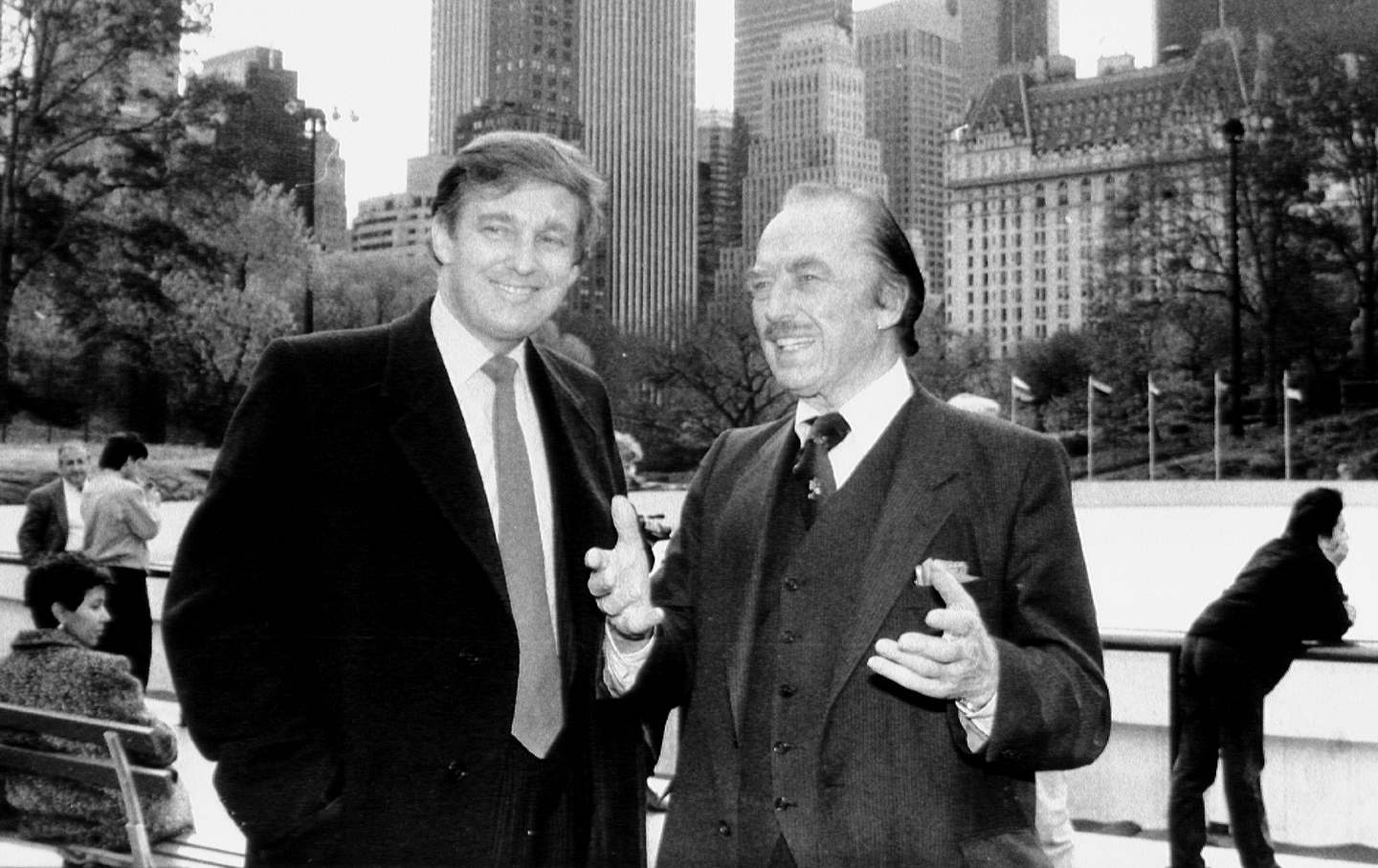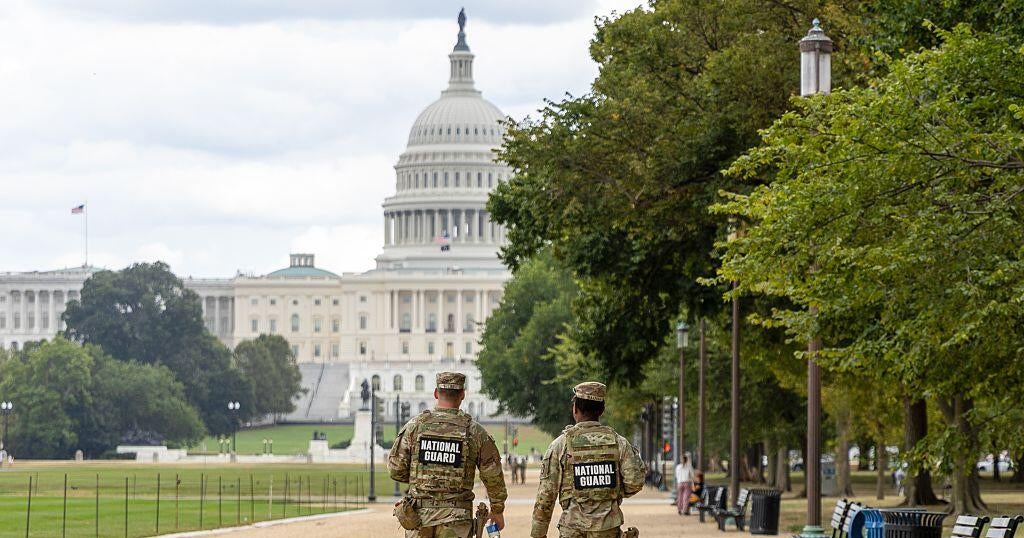
In 1973, Donald Trump and his father, Fred Trump, faced a lawsuit from the Department of Justice for racial discrimination under the Fair Housing Act. Evidence from civil rights testers revealed that Black individuals were denied rental units in Trump-owned properties while white individuals were welcomed. Trump responded with a countersuit, establishing a pattern of defiance that continues today, ultimately resulting in a settlement with no admission of guilt from the Trump family.
Given Trump’s troubled history with the Fair Housing Act, it was reasonable to expect that this landmark legislation would be one of the first casualties of his administration’s policies. I anticipated a poorly worded declaration suggesting that the integration of housing units somehow compromises the “purity” of American living arrangements, as if a white Jesus—never tasked with sharing his birthplace—could somehow take offense.
However, rather than an overt attack, a recent explosive report from The New York Times reveals that the Trump administration has been systematically dismantling the enforcement of the Fair Housing Act. Whistleblowers from the Department of Housing and Urban Development (HUD) contend that political appointees have made it “nearly impossible” for them to investigate violations of the Act and hold accountable those who perpetuate housing discrimination.
The statistics paint a disturbing picture. According to the Times, HUD has seen a staggering 65 percent reduction in staffing since Trump regained office, with the number of lawyers plummeting from 22 to just six. In terms of enforcement, the agency has gone from averaging approximately 35 discrimination charges per year to a mere four.
It appears that Trump’s administration doesn’t need to explicitly command its staff to ignore the Fair Housing Act; his subordinates seem to be fully aware of their mission.
The Fair Housing Act of 1968, while less celebrated than the Civil Rights Act of 1964 or the Voting Rights Act of 1965, remains a critical component of the social equality framework. Housing rights are essential, forming a crucial third leg of the stool that supports true equality. The absence of housing rights in the 19th-century Reconstruction Amendments illustrates the reluctance of that era’s white population to create a “more perfect union.” Following the achievements of the civil rights movement in securing civil and political rights, the focus quickly shifted toward housing rights, underscoring that genuine desegregation hinges on ending racial discrimination in housing.
The implications of where people of color are permitted to live extend into every facet of American life, influencing our voting rights, employment opportunities, educational access, and even the quality of our neighborhoods. Housing determines whether communities thrive as food oases or languish as food deserts. It affects public transportation availability, air quality, healthcare access, and much more. The term “apartheid” literally means “setting apart,” and preventing Black individuals from living freely is a foundational element of systemic white supremacy and oppression.
While the Fair Housing Act has never fully realized its lofty promises, it has provided some mechanisms for challenging discrimination. It has not stopped racism in housing; rather, it has forced discriminatory practices to adapt. The nation remains largely segregated, and for every person of color striving to “move on up,” there exists a gatekeeping system that perpetuates discrimination, often obfuscated through methods like credit scoring.
Despite its shortcomings, the Fair Housing Act does possess the means to hold offenders accountable. I have shared my own experience with housing discrimination in my recent book, illustrating that while the FHA did not prevent me from being denied the house I sought, it did allow me to purchase another property in the same neighborhood. Before the FHA, discrimination was as blatant as it was in apartheid South Africa. Today, if one can prove discrimination—often to the satisfaction of those with privilege—there is a pathway to legal recourse. Moreover, the Department of Justice can take action against landlords or homeowners who violate the Act. Although many still refuse to rent to Black or non-white families, the fear of legal repercussions has compelled some to reconsider.
It is unsurprising that Trump and his administration are keen to weaken the enforcement of the Fair Housing Act. What is surprising is the lack of an outright frontal assault on the law. Instead, one of Trump’s key aides, John Gibbs, has issued memos effectively ordering a halt to enforcement. Gibbs has criticized previous administrations for “leveraging” the Fair Housing Act in what he deems an “ideological manner,” indicating a shift in priorities that dismisses cases involving “tenuous theories of discrimination.”
Among these “tenuous theories” is the issue of racially biased home appraisals, a critical factor in the ongoing theft of wealth from the Black community. Every Black homeowner I know has experienced undervaluation during the appraisal process—an insidious practice that disproportionately affects communities of color. Many employ various strategies, from removing personal artifacts that signify their racial identity to even having a white friend stand in as the homeowner during appraisals.
These tactics may work for Black homeowners in predominantly white neighborhoods, but for those in Black areas, the system is rigged. A 2022 study from the Brookings Institution found that homes in Black neighborhoods are often undervalued by approximately 20 percent, resulting in an estimated loss of $162 billion in unrealized wealth for the Black community. In stark contrast, white homeowners in racially diverse neighborhoods do not face similar devaluations, dispelling the myth that their actions are purely economic.
Given the Trump administration’s hostility toward the LGBTQ community, it is clear that Gibbs’s memos also signal a retreat from enforcing protections against discrimination based on gender identity and expression, including those established by the previous administration. The LGBTQ community has historically faced similar housing discrimination, often forcing individuals to conceal their identities to secure housing.
Senator Elizabeth Warren has called for an investigation into these alarming revelations, and various congressional groups have urged House Speaker Mike Johnson to ensure the protection of fair housing regulations. However, given the track record of Speaker Johnson and the congressional Republicans, the likelihood of a meaningful investigation seems slim. For those holding onto the hope that a strongly worded letter will suffice, I suggest they reconsider.
It is essential to recognize that the current Supreme Court may be more inclined to declare the Fair Housing Act unconstitutional than to uphold its protections. The Times report serves as a stark reminder that, beneath the surface of Trump’s public actions, a multitude of unconstitutional and racist policies are being enacted to empower white supremacist ideologies.
The potential for progress remains, as many advocates dream of enshrining housing rights in a constitutional amendment, similar to the provisions in South Africa’s constitution that outlaw racial discrimination and establish a right to “adequate” housing. Such a change in the U.S. could create unprecedented opportunities for non-white homeownership and address the urgent issue of homelessness, especially as the consequences of climate change render many homes inadequate.
However, the reality of achieving housing rights as a constitutional guarantee feels distant, especially when the current political landscape threatens to roll back hard-won progress. Housing discrimination remains a linchpin of broader social and economic inequities, and it is an issue that many entrenched interests are unwilling to relinquish. The struggle for equality continues, and the fight for housing rights must remain at the forefront of our collective consciousness.


